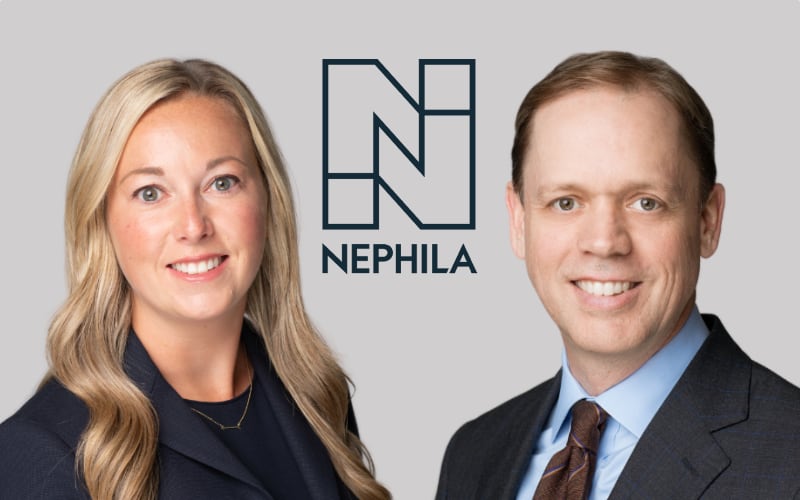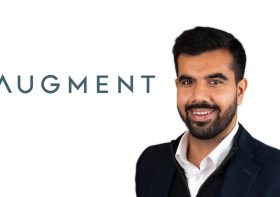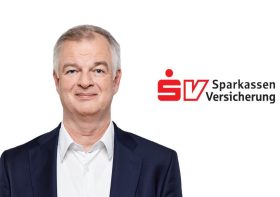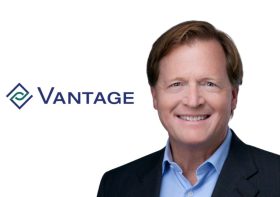Nephila leadership: Six years into Markel Group ownership, platform has evolved materially

This content is copyright to www.artemis.bm and should not appear anywhere else, or an infringement has occurred.
In an exclusive interview, Co-Founder Greg Hagood and Chief Investment Officer Jessica Laird of Nephila Capital, one of the world’s largest and longest-standing insurance-linked securities (ILS) managers, told Artemis that during the past six years of Markel Group ownership, the Nephila business is a “materially enhanced platform offering a broader suite of investment portfolios for its investors.”
 Markel Group, a financial holding company with businesses across many diverse industries, completed the acquisition of Nephila in 2018.
Markel Group, a financial holding company with businesses across many diverse industries, completed the acquisition of Nephila in 2018.
With more than six years having passed since the acquisition, and Markel Group’s partnership being fully established with Nephila, it felt like a good time to speak with the firm about the changes to the platform.
“Markel’s strategy with acquisitions is closely aligned with Berkshire Hathaway, where they buy operating companies and let them run independently, while providing the parent resources necessary to help the acquired business thrive,” said Hagood, co-CEO of Nephila Holdings.
“Which means Nephila has kept its brand, independence and disrupter culture, yet has more tools at its disposal to enhance investor portfolios. Specifically, through Markel we gain access to a balance sheet for maximum capital efficiency in portfolio construction and for clear and timely liquidity solutions to side pockets & trapped collateral. Both tools are offered at in-house, strategic pricing levels that make economic sense for Markel, but also benefit investors versus what is available in the 3rd party market.”
Expanding on the support of Markel Group, Jessica Laird , told Artemis that to her knowledge, the firm’s structure is unique in the ILS space.
“Independent ILS mangers don’t have stable access to a parent balance sheet, which could impact their capacity, increase costs and limit the ultimate value provided to end investors. Traditional reinsurers have multiple constituents to serve, including rating agencies, equity capital and also off-balance sheet investors.
“Nephila is unique in being a true fiduciary and independently run, but with all the in-house resources of a rated reinsurer, which positions us optimally to serve our investors.
“We don’t write any catastrophe reinsurance for Markel and Markel doesn’t write catastrophe reinsurance at all. Thus, we don’t compete in the market or have any potential conflicts to manage.”
“We only act on behalf of our investors, as a true fiduciary. Yet we have the benefits of an integrated balance sheet for leverage in portfolio construction, with the ability to deliver fair & timely liquidity when investors want to leave,” explained Hagood. “In short, we believe investors like the attributes of a side car, but the fiduciary obligation of an ILS manager.”
Regular Artemis readers will be aware that since Markel Group’s acquisition, Nephila’s assets under management (AUM) have decreased, (although AUM is still sizeable at $7 billion as at September 30th, 2024) and the pair offered some insights into why this has occurred.
“In part this is related to the 2017-2022 catastrophe events that affected performance, where investors retreated from the ILS sector. However, assets under management is just not as relevant of a metric for us today, as our portfolios incorporate much more capital efficiency and leverage than pre-acquisition, allowing us to write more risk for our investors with less capital,” said Hagood.
Expanding on this, Laird said, “For example, the notional reinsurance limit we write today is larger than it was in 2018, when Markel acquired Nephila and AUM was at its peak. Our revenues are higher today as well, even though headline AUM is down ~ 40% since 2018.
Hagood further explained, “We understand that AUM is the metric league tables track, but our model has shifted to a balance sheet approach with more leverage and thus we need less capital to service our portfolios. Markel cares about revenues and profits, our trading counterparties care about our capacity in the market and Nephila cares about delivering the most value to investors, not having the highest AUM.”
Hagood added that, “Nephila is managing capacity tightly going into 2026.”
Since the acquisition, Nephila has also successfully expanded its non-catastrophe business, and Hagood and Laird stressed that Markel’s ownership and relationship has been instrumental in this success.
“They have a large involvement in our Climate business, where we partner with their expansive underwriting operation for distribution and balance-sheet access for various insurance lines relevant to the global transition to net zero. We also share various risks with them in our Specialty insurance business run out of our Lloyd’s of London platform. Both of these businesses are growing and are larger today than they were pre-acquisition,” Hagood explained.
To end, we asked the pair for their thoughts on the state of ILS today and how Nephila views the market.
“Obviously, cat bonds are mainly top layers and performed well during the tricky period of 2017-2022, and this happened to coincide with institutional investors increased need for liquidity in general. Cat bonds have thus been in favor. This approach has worked well and continues to be attractive on a standalone basis for investors,” said Laird. “That said, a lot of capital has flowed to that segment of the market and our view is there is a materially increased expected return available outside of cat bonds, for similar risk levels, for investors who can stomach 12 month liquidity instead of monthly.”
Hagood added, “We primarily work with existing and new investors on the best ways to harvest this incremental return and we currently see the difference in expected return for comparable risk levels are near historically high levels.
“Also, getting investors to consider these portfolio options has become easier since we now have simple solutions for liquidity when investors want to exit. With the uncertainty of trapped collateral addressed, investors can fully understand the trade-offs and make informed decisions on which approach works best for their needs.”
Read all of our interviews with ILS market and reinsurance sector professionals here.
Nephila leadership: Six years into Markel Group ownership, platform has evolved materially was published by: www.Artemis.bm
Our catastrophe bond deal directory
Sign up for our free weekly email newsletter here.



Leave a Reply